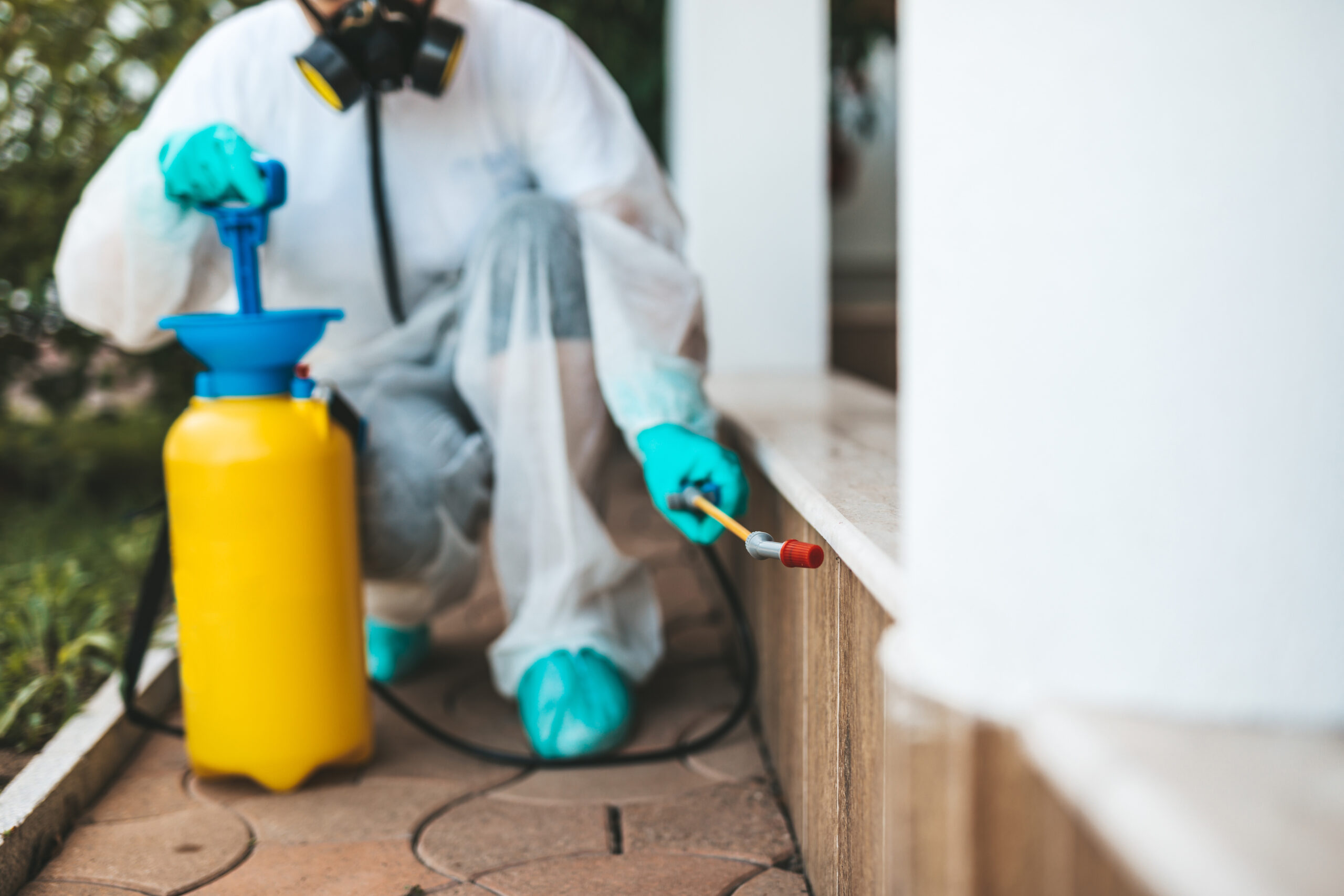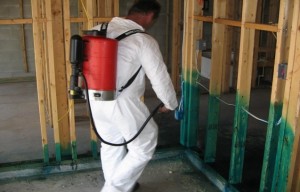Ecological Effect of Parasite Control: Harmonizing Performance With Sustainability
The environmental impact of bug control is an important concern that requires a fragile equilibrium between achieving performance in handling pests and ensuring sustainability of our ecosystems. From the use of damaging chemicals that permeate right into our dirt and water to the unintentional repercussions on non-target types, the effects of traditional insect control practices are far-ranging.
Unsafe Chemicals in Bug Control
The usage of harmful chemicals in pest control positions considerable environmental and wellness dangers that require mindful consideration and mitigation strategies. Pesticides, chemicals, and herbicides are commonly utilized to get rid of bugs, yet their widespread application can bring about unintended repercussions. These chemicals can contaminate dirt, water resources, and the air, influencing not only the targeted bugs yet also beneficial pests, wild animals, and human beings.

To resolve these risks, incorporated parasite monitoring (IPM) techniques are being advertised as an extra sustainable choice. IPM involves a mix of methods such as organic control, environment control, and the targeted use chemicals as a last hope (ant control thomaville nc). By embracing an alternative strategy to pest control, we can decrease the ecological and wellness influences connected with dangerous chemicals while successfully taking care of pest populaces
Influence on Non-Target Species
Taking into consideration the unplanned consequences of bug control approaches, the impact on non-target varieties is a vital element that needs complete analysis. While parasite control actions intend to target certain insects, other organisms in the ecological community may be inadvertently affected. Non-target varieties, including helpful bugs, birds, mammals, and even plants, can endure direct or indirect harm from chemical applications or organic control methods.
Pesticides developed to deal with a certain insect pest may damage pollinators like bees or natural predators such as ladybugs. Biological control representatives, if not species-specific, can posture dangers to unexpected targets, interrupting the environmental balance.
To minimize the influence on non-target species, incorporated insect monitoring (IPM) approaches that stress a holistic approach to pest control are recommended. These methods focus on using environmentally friendly techniques, reducing injury to beneficial organisms while properly taking care of pest populaces. Performing thorough risk evaluations and keeping track of the results of bug control initiatives are essential action in securing non-target species and advertising total ecological community health and wellness.
Soil and Water Contamination
Unintended environmental effects of bug control techniques prolong past influencing non-target types, with significant implications for dirt and water contamination - ant control. Chemicals, herbicides, and chemical fertilizers used in bug control can leach right into the soil and pollute groundwater, presenting a hazard to both aquatic and earthbound communities.
Water contamination is an additional vital issue connected with bug control techniques. Overflow from farming areas treated with chemicals can carry these chemicals right into close-by water bodies, influencing marine organisms and water quality. Impurities in water resources can have significant consequences, influencing not only marine life yet additionally human health through the consumption of polluted water or water organisms. To reduce soil and water contamination from pest control activities, incorporated parasite management approaches that focus on sustainability and lessen chemical inputs are critical.
Air Pollution From Pesticide Use
Exposure to airborne pesticides throughout farming applications presents a considerable worry for air pollution control steps. Furthermore, chemical drift, where pesticides are carried by the wind to unintentional locations, can lead to the contamination of neighboring ecological communities and water bodies.

Techniques for Lasting Insect Control
In the world of farming practices, carrying out sustainable bug control strategies is vital for maintaining environmental balance and guarding crop yields. Lasting parasite control highlights making use of eco-friendly approaches to handle pest populaces efficiently while decreasing damage to non-target microorganisms and communities. Integrated Parasite Monitoring (IPM) is an extensively taken on strategy that incorporates organic, social, physical, and chemical control techniques to accomplish long-term pest management remedies.
One trick approach in lasting bug control is promoting biodiversity within agroecosystems. By improving natural enemies of parasites, such as parasitoids and killers, farmers can minimize the requirement for artificial pesticides. Crop turning and diversification are also effective methods to interrupt pest life process and develop less favorable conditions for bugs to prosper. Furthermore, using pest-resistant crop selections and using methods like catch cropping can help in reducing pest stress without counting greatly on chemical treatments. Inevitably, by integrating these sustainable insect control techniques, farmers can achieve a balance try this out between pest administration performance and ecological stewardship.
Conclusion
In verdict, the ecological impact of pest control approaches need to be thoroughly considered to stabilize performance with sustainability. Damaging chemicals made use of in insect control can lead to soil and water contamination, air contamination, and damage non-target varieties - termite control. It is important to implement lasting pest control methods to minimize these adverse effects on the atmosphere and advertise a healthier community for future generations
By taking on an all natural method to pest control, we can reduce the ecological and health effects connected with harmful chemicals while successfully managing pest populations.

To reduce the air contamination caused by chemical usage, it is vital to take on integrated bug management methods that prioritize the usage of non-chemical pest control approaches, such as crop turning, natural killers, and resistant plant ranges. Sustainable bug control stresses the use of ecologically pleasant methods to handle bug populaces efficiently while minimizing harm to non-target organisms and ecosystems. Integrated Insect Monitoring (IPM) is a widely embraced strategy that combines organic, social, physical, and chemical control techniques to attain lasting pest monitoring options.
Comments on “Reliable Ant Control: Expert Services to Remove Ant Infestations”